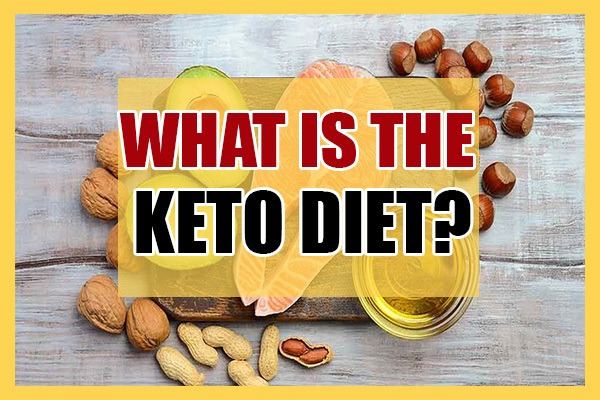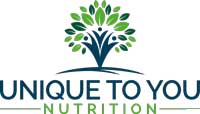
You’ve tried diet after diet and can’t seem to lose weight. It could be that your body has hit a plateau and you need something to kick your weight loss into high gear. One “diet” that is doing just that is the keto diet. This high-fat, low-carb diet is taking the nation by storm.
What Is The Keto Diet
Unlike other low carb diets on the market today, the keto diet is not a “fad”. Researchers have conducted many studies on its effectiveness and risks to patients. The results find it to be a healthy weight loss option if followed for a short time.
The “diet” itself is easy to follow. The low-carb, high-protein food intake put your body in a state of ketosis. This means that your body becomes efficient at burning fat. When a personal eats carbs, they convert into sugar and our body uses that sugar as fuel. When the body is in a state of ketosis, there are no sugars to use as fuel. Instead, the body turns fat into ketones and uses them as fuel for the brain and other organs. Ketones are produced in the liver.
When carbs convert to sugar in the body, this affects our blood glucose levels. For people with diabetes, major alterations in blood glucose levels can have serious consequences. When you stop eating carbs, your body naturally lowers your blood glucose levels.
What You Need To Know To Get Started
When you change the way you’re eating, your body will need some time to adjust. During the first couple of weeks, you may notice a decrease in energy levels, increased hunger, and sleep issues. You may also notice a big difference in the number on the scale. Don’t be alarmed! The majority of weight loss at the beginning of any diet is water weight. You may find that your weight loss will be more consistent after the first few weeks of the keto diet.
Foods to Avoid
The main foods to steer clear of are grains, starches, fresh fruit, beans, and root vegetables. These foods either contain sugars or break down into sugar in the body. With excess sugar in the body, you won’t burn fat as easily and may have trouble losing weight.
Keto Approved Foods
- Meats- Unprocessed, all natural meats are a must on this diet. The goal is to consume moderate amounts of protein with a high-fat content. This doesn’t mean you are able to eat large amounts of meat. Eating too much protein can also lead to excess levels of sugar in the body.
- Seafood- Eating fish is a great way to load up on healthy fats. Look for wild-caught cuts of fish such as salmon or tuna. Make sure you stay away from breading that contains carbs.
- Eggs- Eggs are a great source of protein. You can serve them in a variety of different ways and with different toppings. One serving of protein equals two eggs.
- Fats- The biggest difference in the keto diet and others is the amount of fat you can consume each day. You can use things like butter and oils for cooking. Sauces such as mayonnaise or sour cream are acceptable on this diet. Avocado is another example of a healthy fat.
- Vegetables- Any vegetable that grows above ground is O.K. to eat. Vegetables such as lettuce, squash, zucchini, and tomato would be great options. They can be eaten raw or cooked with butter and oil.
- High Fat Dairy- Not only can you eat butter, but things like heavy cream and cheeses are allowed on the keto diet. High-fat yogurts are another good option, but watch out for sweetened varieties. Avoid drinking milk because it contains large amounts of sugar.
Even with eating high-fat foods, people are losing incredible amounts of weight. A keto diet is a great option for extremely overweight individuals or those with diabetes. It is not a diet that should be followed long term. Studies have not been able to determine if there are any health risks associated with the keto diet after long-term use. Always seek the advice of a health professional before starting any new diet plan.

Leave a Reply